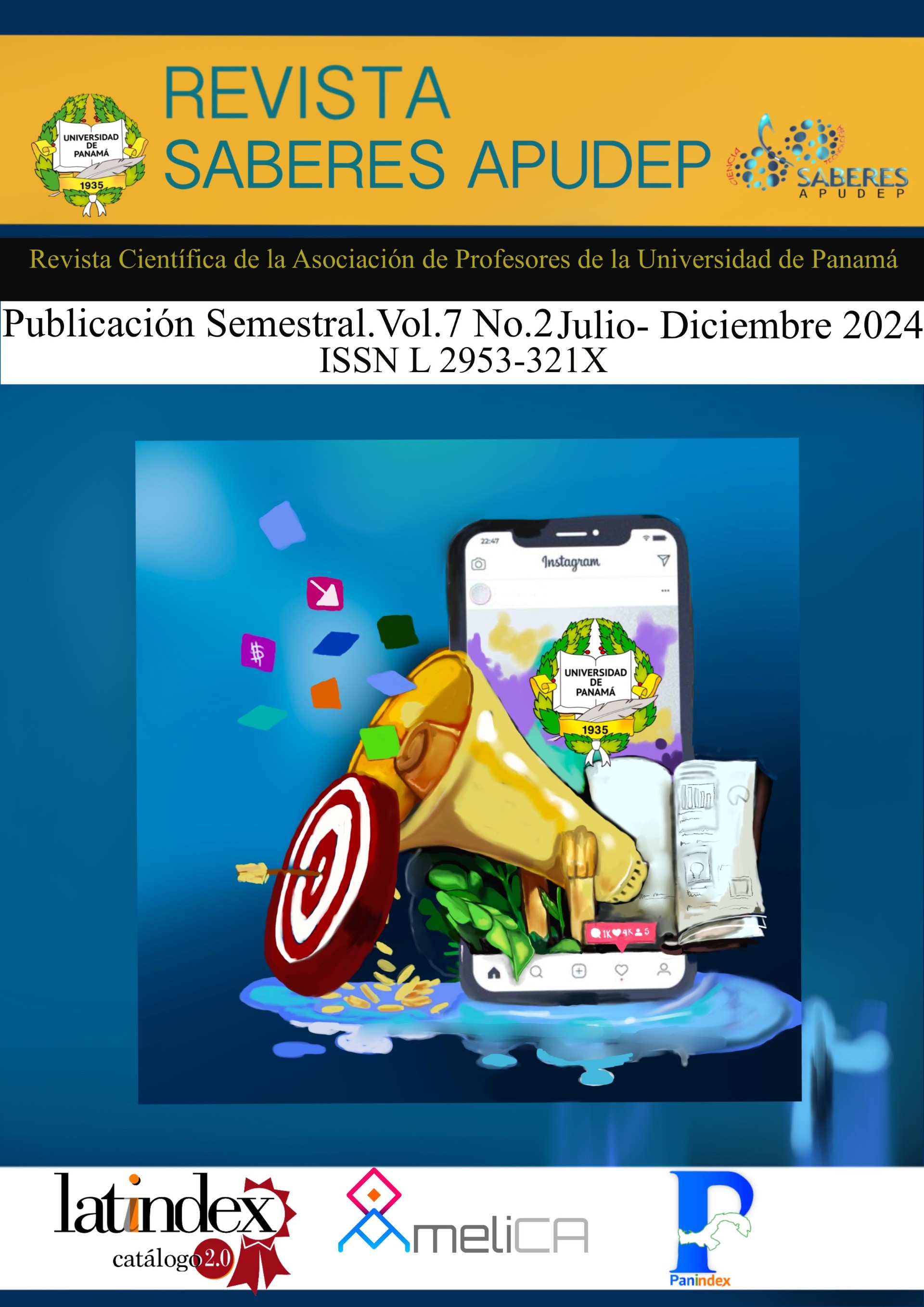

Copyright (c) 2024 Revista Saberes APUDEP

This work is licensed under a Creative Commons Attribution-NonCommercial-ShareAlike 4.0 International License.
Abstract
The present project "Psychological intervention to reduce the aggressive behavior of children and adolescents in marginal urban and rural areas of the cantons of the province of Los Ríos", allows to be carried out with the different techniques of psychological and psychotherapeutic approaches to the objectives set., since, within the sectors, there has not been a study carried out by the institutions. This program has allowed us to understand in greater depth that different social aspects such as poverty, single-parent families, school dropout, among others, can cause changes in cognitive behavioral states in children and adolescents. Once this problem has been identified in the psychodiagnostic phase, the clinical history will be put into practice, which will allow the collection of information from the 210 beneficiaries of the project, therefore and to reinforce the data obtained, the tests will be applied, which will measure the symptomatology of the people who are the object of study: BASC Test (Behavior Assessment System Children), family test, tree test, applied to children and adolescents, H.T.P (House Tree Person) test, FFSIL test and aggressiveness. In the intervention phase to provide a solution to the exposed problem, parents are part of the conflicting context, for this reason workshops were carried out for families: family self-esteem, strong families: love and limits "The knot". What is happening to my teenage son? In the same way within the intervention, techniques that are part of the different psychotherapeutic approaches such as; the technique to express feelings, Geniogram, the satellite and meditation. The execution, monitoring and evaluation of the project was carried out in accordance with what was specified in the planning stage, therefore; complies with the requirements and standards demanded by the Technical University of Babahoyo.